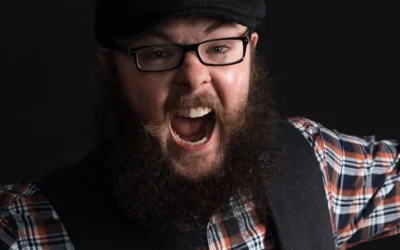Is sympathy a currency worth trading in on social media?
Platforms such as Facebook, Instagram, Twitter, and now Vero allow us to comfortably engage with people and project an identity from behind a screen. Placing ourselves centre stage can be helpful in creating a positive self-image and community of supportive friends.
On the other hand, narcissism, addiction to validation, and an obsession with creating and maintaining a perfect persona are very real threats for social media users. In an online environment, where reality can be edited, filtered, and curated, it can be difficult to stay genuine.
Social media has trained us to publicize and personally connect with tragedy in a toxic way. Relating ourselves to situations we don’t have anything to do with minimizes the experience of those who are directly affected.
When a death occurs, we are quick to post our sympathy and heartbreak so that others know we care. But why must we share our concern with an audience?
Is it because of the internet’s capacity to rapidly spread information online that we are trained to post, share, and remain current?
I won’t argue that social media hasn’t created overwhelming support that can be felt on a global scale. Those hurting and hiding can find hope, guidance, and connection through online support groups and communities.
The issue is with the keyboard activists whose action — actually, more inaction — starts and stops with a post. Stating your opinions and perspectives becomes an empty offering when it isn’t followed by action. It is easy to sit back and show support from our fingertips, but it’s much harder to take the action needed for change.
In the case of the recent Florida shooting at Marjory Stoneman Douglas High School, it is easy to speculate how we would react and to villainize the reactions of those who survived.
But how can we judge something so removed from ourselves? Why do we need to? Why do people need to know our opinions on hypotheticals that offer no real course of action or change?
How can we say what we would have done in Scot Peterson’s place when few of us can relate to the circumstances?
We attach ourselves to the trauma and outrage of others so that our voices and our struggles feel validated.
In light of yet another school massacre — a problem with a clear solution — politicians, celebrities, and citizens alike are quick to chime in with their condolences, their opinions, and their outrage over the issue of gun control. But it has taken a group of children to lead the movement and spark any real change.
Rather than simply caring about those involved, we view tragedies through our own eyes and relate these situations to ourselves. By creating content about ourselves as a reaction, we imply that tragedy is only validated if we are also affected.
We should be reaching out to those who are suffering and offering any kind of support we can.
Social media has the ability to draw us closer, to help us think as a collective and relate to one another in ways that weren’t previously possible.
As citizens of a global online community, it is crucial that we set aside our egos and help others who are in need, rather than direct the attention toward ourselves.
So next time you hear of a tragedy, reach out directly and offer your assistance through volunteer work, emotional support, or a donation. Don’t offer your condolences and thoughts online. Show your support and empathy in real-life — the human way.
Graphics by Matthew Jacula.




0 Comments